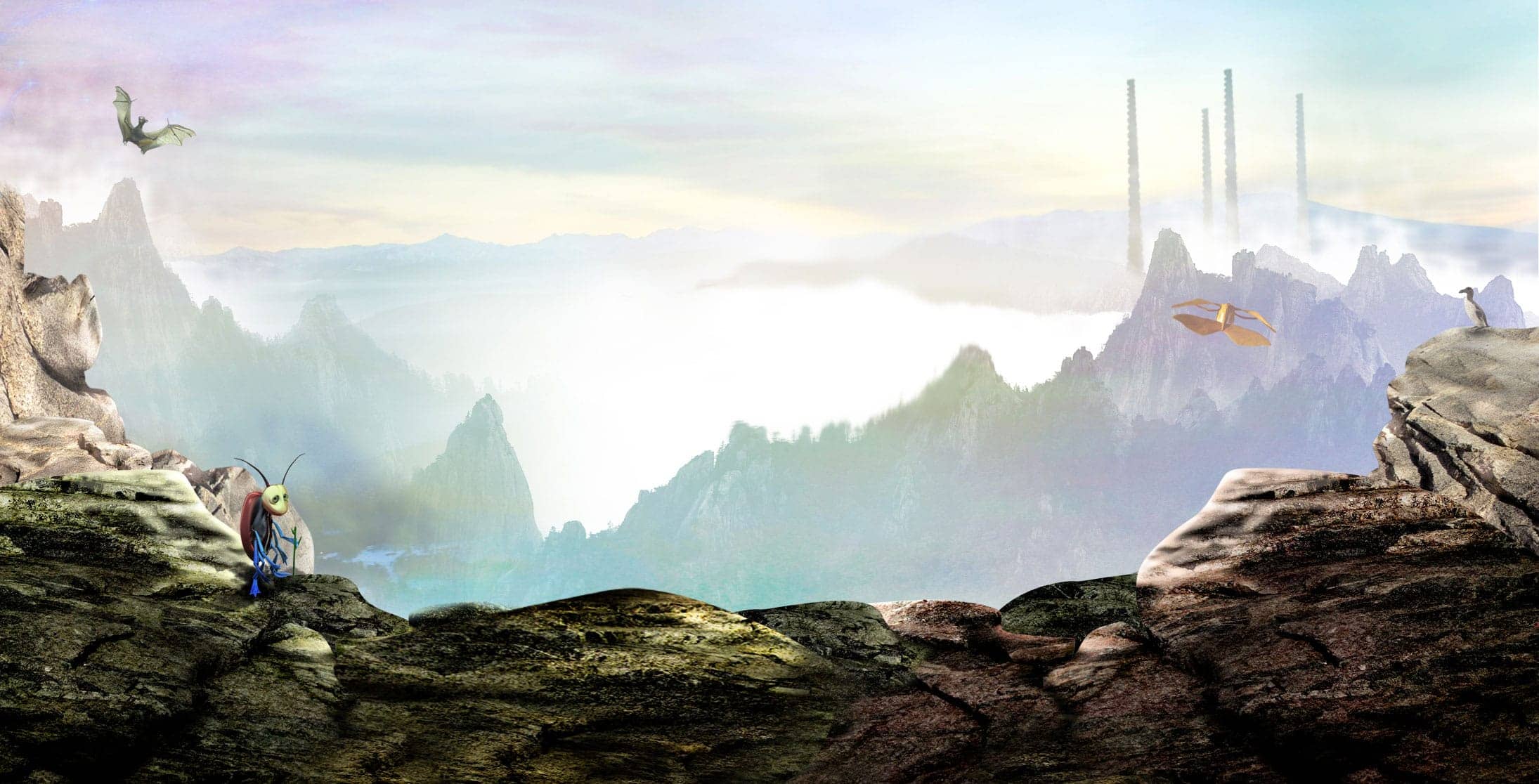Nature in England is on the brink and needs our help.
We’ve read the State of Nature 2023 report from the National Biodiversity Network. It’s a sobering read, but it’s important to understand the challenges we’re facing so that we can take action to address them.
Here are some of the key findings from the report:
• 59% of farmland birds have been lost since 1970
• 44% of moth species have been lost
• 1,076 species are at risk of extinction.
The main drivers of nature’s decline are habitat loss and fragmentation, pollution, climate change, and invasive species.
The report also highlights some amazing work being done across the country to put nature on the path to recovery. For example, the number of lapwings in England has increased by 50% since 2014, thanks to conservation efforts.
The report concludes that we need to take urgent action to reverse the decline of nature in England. This will require a concerted effort from government, businesses, and individuals.
Here are some things that we can all do to help nature:
• Create habitats for wildlife in our gardens and local communities.
• Reduce our pollution footprint.
• Support sustainable businesses and organisations.
• Eat less meat and more plant-based foods.
Meat production is a major driver of habitat loss and climate change.
• Reduce your food waste. One-third of all food produced for human consumption is wasted each year. This food waste ends up in landfills, where it produces methane, a greenhouse gas that is 25 times more potent than carbon dioxide.
• Buy local and seasonal produce.
This helps to reduce the environmental impact of food transportation.
• Support sustainable agriculture.
Look for products that are certified organic or fair trade.
• Get involved in your community.
Volunteer for a local environmental organisation or start your own project.
Be the change you want to see in the world and inspire others to do the same.
Resources for Teachers and Families:
Hear the story and the science behind the story on our podcast series, ‘Stories, Science, & Secrets’.
Download our FREE lesson plans and slides about Extinction and Biomimicry, themes in our stories.
#StateofNature2023 #biodiversity #naturelovers #veganfriendly

